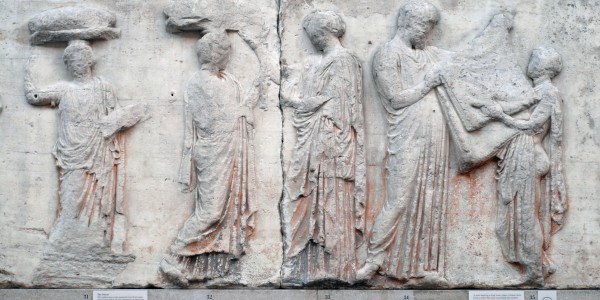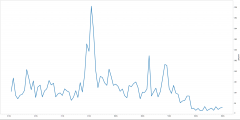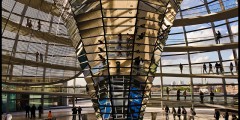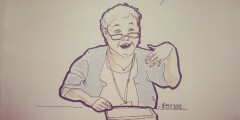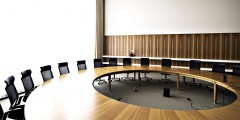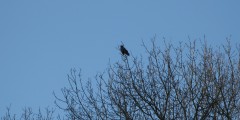Science as public and consensible knowledge
October 19, 2013
I recently chatted with some natural scientists of a certain (my) age, that is, whose formative student years lay in the 1960s and 1970s, and they recommended some books to me. In the 1970s I had nothing to do with science, as I was deeply immersed in the humanities. I have, over the last decade …
Which Publics? When? – Part II
April 3, 2013
by Alison Mohr, Lecturer in Science and Technology Studies, University of Nottingham with Beverley Gibbs and Sujatha Raman This post was originally written for the Sciencewise-ERC blog: http://www.sciencewise-erc.org.uk/blog/?p=915 Part 2: When should dialogue take place? In this second blog post we look at when to carry out public dialogue. That public dialogue should take place ‘upstream’ …
Which Publics? When?
March 22, 2013
by Alison Mohr, Lecturer in Science and Technology Studies, University of Nottingham with Beverley Gibbs and Sujatha Raman This post was originally written for the Sciencewise-ERC blog: http://www.sciencewise-erc.org.uk/blog/?p=926 Part 1: Which publics should be invited to a public dialogue?In the discussions around public dialogue the term ‘public’ is often taken for granted. However the decision about …
Moderation impossible? Climate change, alarmism and rhetorical entrenchment
February 27, 2013
Intense, polarised debate has been a hallmark of much public debate over the science and politics of climate change. Recently, there have been warnings that “heated rhetoric over ‘deniers’ not only likely alienates broader publics, but it also likely turns off many moderate and centrist influential” (Nisbet 2008). Calls are now being made for a …
Rebuttal to “The privatisation of science is not in the public interest”
February 26, 2013
This post reproduces the main arguments I used when I argued against Alex’s motion that “The privatisation of science is not in the public interest” at the launch of the ‘Making Science Public’ programme at the University of Nottingham on 11th February 2013. Alex opened with his argument and I responded along the following lines. …
Call For Papers: Making Expertise Public panel at #SIP13 & #IPA2013
February 12, 2013
UPDATE: deadline extended to March 5th. We warmly invite papers to our Making Science Public panel Making Expertise Public: Dilemmas, Conflicts and Controversies, being held at the Interpretive Policy Analysis conference in Vienna (July 3rd-5th). The panel is co-chaired by Sujatha Raman (Deputy Director of Making Science Public), Warren Pearce and Judith Tsouvalis (Making Science Public Research Fellows). Abstracts are invited …
Ulrike Felt: Science as a ‘Public Good’ in Search of a ‘Good Public’
February 7, 2013
With only four days to go to the Making Science Public launch event next Monday, February 11th, we are providing a taster of our keynote speech from Professor Ulrike Felt, Professor and Head of the Department of Social Studies of Science at the University of Vienna. We have fewer than ten places left for the …
Making Science Public: a route to better evidence?
February 6, 2013
Co-authored post with Dr. Sujatha Raman, Deputy Director of Making Science Public. The role of scientific evidence within policy is one of the most vexed issues within politics and public administration. Often such evidence is complex, translated to the public via the media and subsequently used to justify particular policy actions or seen to be …
Science in Public 2013 – Call for Panel Proposals
December 14, 2012
UPDATE: You can see the full Call For Papers including details of all the proposed panels at http://scienceinpublic.org/conference/ 8th Annual Science in Public Conference, 22-23 July 2013 on ‘Critical Perspectives on Making Science Public’ Call for Panel Proposals The University of Nottingham is proud to host the 8th Annual Science in Public Conference, 22-23 July 2013. …
‘Silent spring’ – making science public
September 27, 2012
In terms of making science (and products of science) public, the book Silent Spring (1962) by Rachel Carson, published 50 years ago today, occupies a unique place. It was one of the first popular science books that shaped public perception of the world we live in and it also had direct political consequences. Carson’s book …

